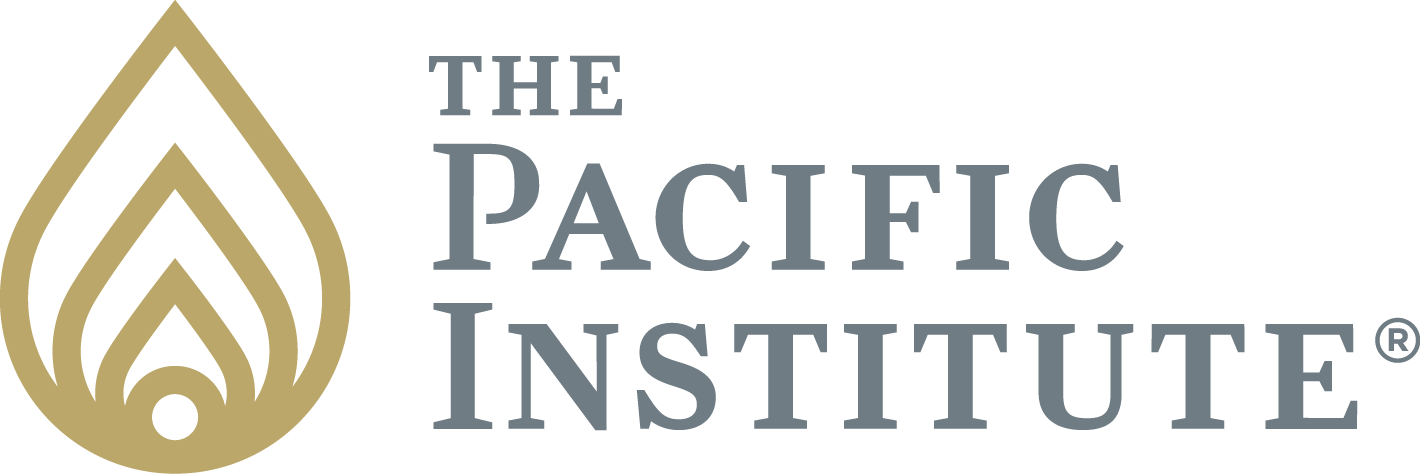How old are you really? And what does the number on the tip of your tongue really signify? Today, let’s consider this: What if we think of age not as a single number, but as five different numbers, depending on our perspective?
First, we all have a chronological age based on our birth date. There is nothing much we can do about that number. It is a simple fact and it never changes, except to go up every year (unless, of course, we lie about it). But we have a physiological age too, and that has to do with how healthy we are, and what kind of shape we are in. There are plenty of 70-year-olds who have a physiological age of 40, and vice versa!
We also have an emotional age, and this one is very changeable. Some people who are quite advanced in years will act like a five-year-old when they are angry or disappointed, or don’t get their way about something. Many grownups seem to be emotionally frozen in adolescence when it comes to their sexuality.
It seems we also have a mental age, and that the mind does not grow old. It simply continues to grow or deteriorate, depending on the experiential nourishment it receives. The brain itself, contrary to past beliefs, continues to create new cells, building new neural pathways – as long as we continue to give it work to do. Yes, it may slow down a bit with advancing age, but the brain is just like any other muscle – we use it or we lose it.
And finally, we have a spiritual age. Some would say we are spiritually ageless, for spirituality has nothing to do with the age or state of the body. And for some, a spiritual age is more a measurement of how far we’ve progressed on the road to true understanding – a maturity age or wisdom age, if you will.
So, the next time someone asks how old you are, what do you think you’ll say? What do you want to say?






